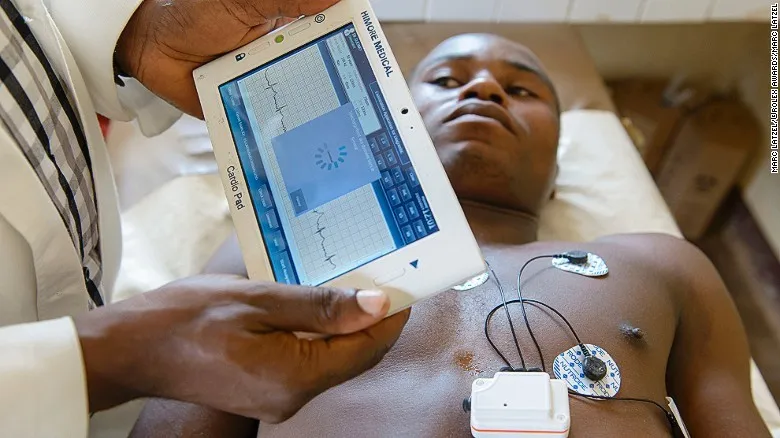
In recent years, technology has emerged as a powerful tool for transforming education across Africa. With the rapid expansion of mobile connectivity, increasing internet penetration, and innovative digital learning solutions, technology is reshaping how students access and interact with education. While challenges remain, including infrastructure limitations and affordability issues, the potential for technology to bridge educational gaps and improve learning outcomes is immense.
The Digital Revolution in African Education
Africa’s education sector has long faced numerous challenges, including overcrowded classrooms, insufficient teaching resources, and a lack of trained educators. However, technological advancements are helping to address these challenges by offering scalable, accessible, and cost-effective learning solutions.
Mobile and Internet Connectivity:
Africa has witnessed a significant rise in mobile phone and internet penetration, allowing students to access digital learning platforms and resources. Countries like Kenya, South Africa, and Nigeria have embraced mobile technology to enhance learning, with many students using smartphones to access educational content.
E-Learning Platforms and Online Courses:
Online learning platforms such as Eneza Education, Ubongo, and Khan Academy provide high-quality educational content tailored to local curriculums, allowing students to learn at their own pace. These platforms are particularly crucial in remote areas where traditional schooling options are limited.
Interactive and Gamified Learning:
Many edtech startups in Africa are integrating gamification into their platforms to make education more engaging. Applications like Kukua and Ubongo Kids use storytelling, animation, and gaming elements to teach subjects like mathematics, science, and language skills.
Artificial Intelligence and Adaptive Learning:
AI-driven educational tools are making it possible to personalize learning experiences. Adaptive learning software assesses a student's progress and adjusts the curriculum accordingly, ensuring learners receive content suited to their level of understanding.
The Role of Government and Private Sector
Governments and private organizations play a crucial role in supporting the adoption of technology in education:
- Governments like Rwanda’s Smart Classrooms project and South Africa's e-learning programs are integrating digital tools into schools.
- Private organizations provide investments, digital infrastructure, and partnerships to expand educational opportunities.
Challenges Facing EdTech in Africa
- Limited access to reliable internet and electricity.
- High cost of mobile data and digital devices.
- Need for teacher training in digital literacy.
- Lack of localized content for diverse languages and cultures.
The Future of Technology in African Education
The future of technology in African education includes:
- Expansion of mobile learning through affordable devices and apps.
- Growth of immersive learning experiences using VR and AR.
- Advancement in AI-powered personalized learning platforms.
- Strengthened public-private partnerships to bridge gaps.
Conclusion
Technology is reshaping education in Africa, offering opportunities to enhance learning and bridge the digital divide. While challenges remain, ongoing efforts by governments, private enterprises, and non-profits are driving progress. With continued investment, Africa is poised to empower millions of students for